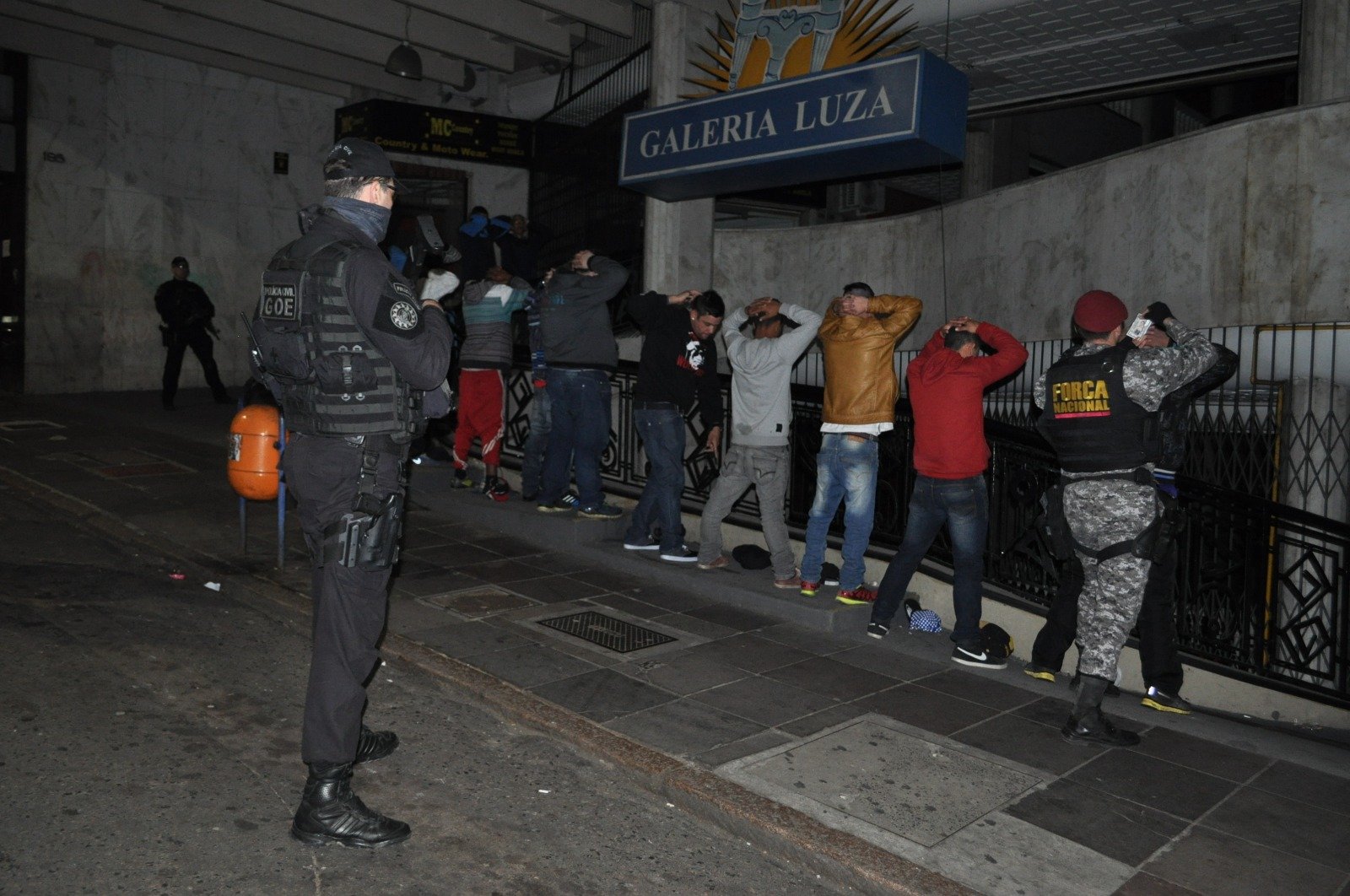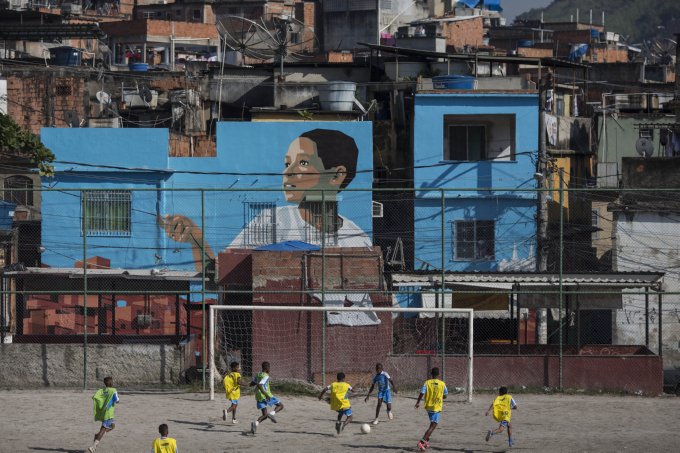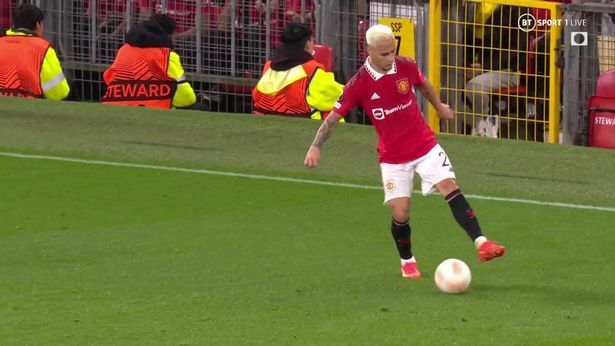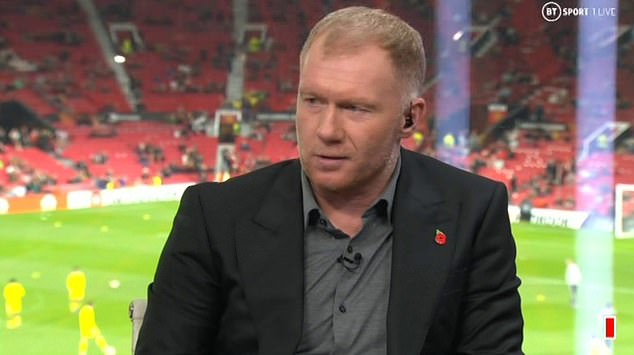Manchester United winger Antony has opened up about his difficult upbringing in the favelas of São Paulo, Brazil, describing it as “hell” and revealing how he overcame obstacles to become a successful footballer. In an interview with the Players Tribune, the 22-year-old spoke about seeing a dead body on his way to school and how he refused to be intimidated by drug dealers and gangsters.

“I was born in hell,” he said. “That’s not a joke. For my European friends who don’t know, the favela where I grew up in São Paulo is actually called Inferninho – ‘little hell’. It is an infamous place. Fifteen steps from our front door, there were always drug dealers doing their business, passing stuff hand-to-hand. The smell was constantly outside our window.”

Antony spent his entire childhood in Brazil before being signed to São Paulo’s academy at the age of 10, where he stayed for eight years. Despite the challenging environment he grew up in, he found solace in football and played every day with his older brother in the square.

“In the favela, everyone plays,” he said. “Kids, old men, teachers, construction workers, bus drivers, drug dealers, gangsters. There, everyone is equal. I was small, but I dribbled with a meanness that came from God. Dribbling was always something inside me. It was a natural instinct. And I refused to bow my head to anyone. I would elastico the drug dealers. Rainbow the bus drivers. Nutmeg the thieves. I really did not give a f**k.”

Antony’s fearlessness and determination helped him make the jump from the slums to Ajax and then to Manchester United in just three years. Despite the pressure of playing for one of the biggest clubs in the world, he says he feels no fear on the pitch.
“When you grow up having to jump over dead bodies just to make it to school, you cannot be scared of anything in football,” he said.

However, his style of play has not been universally appreciated. In a recent game against Sheriff Tiraspol, Antony performed his trademark 720-degree spin, which led to criticism from Manchester United legend Paul Scholes.

“Does that do anything for anybody?” Scholes asked. “Does that do anything for himself? I’d have to ask him – even at 4-0 up, what does that do for you? This country, any country even Brazil. They don’t want to see that do they? I like to see skills and entertainment, I just don’t think it’s skill or entertainment it’s just being a clown.”
Antony, however, remains unapologetic about his style of play and believes that critics simply don’t understand his story.

“If you think I’m just a clown, then you don’t understand my story,” he said. “The art of Ronaldinho and Cristiano and Neymar inspired me as a child. I watched these Gods in amazement on stolen Wifi, then I went out to the concrete pitch to try to imitate their genius. This is my story. If you still don’t understand me, or if you still think that I am a clown, then I will just point to the ink on my arm… Whoever comes from the favela knows a little bit of what I’ve been through.”
Antony’s story is one of perseverance and determination in the face of adversity. His success as a footballer is a testament to his talent and hard work, and he serves as an inspiration to anyone facing challenges in their lives.
